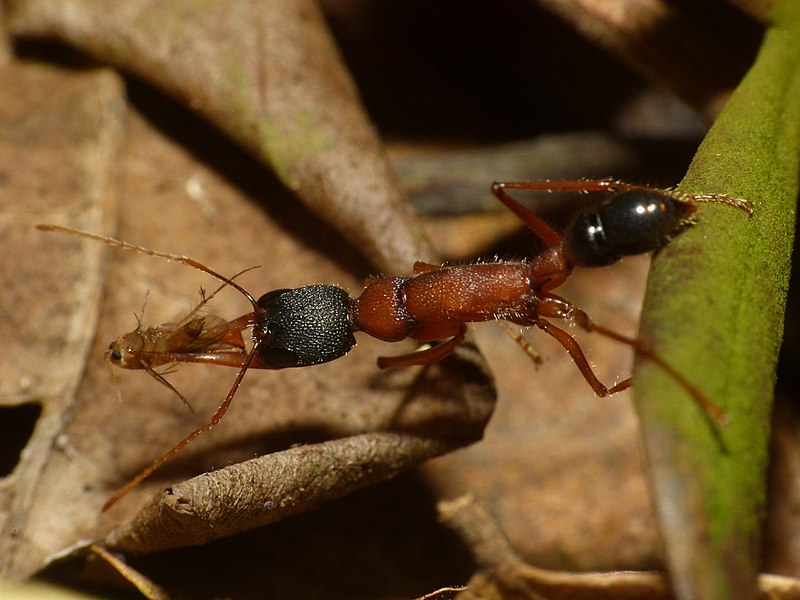A new study by New York University researchers has discovered an insulin-suppressing protein that can result in extending the lifespan of some ants.
Unique opportunity to study how ageing and reproduction can be disconnected
For this study, researchers studied Indian Jumping Ants (Harpegnathos saltator). These ants engage in unusual behavior. When the queen of a colony dies, these ants start brutal colony-wide brawls to replace the deceased queen.
But the most surprising part is that when the winner gains the throne she undergoes a transition. This transition not only allows it starts laying eggs, but it also gets a dramatic 500% increase in lifespan. Worker ants live for not more than seven months. However Harpegnathos queens tend to live for between four and five years. So scientists worked to discover the changes that occur in the queen ants which slow their aging.
“By undergoing reversible ‘caste switching’ from workers to pseudoqueens that results in a dramatic increase in both their lifespan and ability to reproduce, Harpegnathos ants provide a unique opportunity to study how aging and reproduction can be disconnected,” said Claude Desplan, co-senior author on the study.
Researchers found that the secret lies in a protein called Imp-L2. When the ant’s ovary production kicks into gear, this “anti-insulin” protein is expressed.
“The two main branches of the insulin signaling pathway appear to differentially regulate fertility and lifespan, with increased signaling in one aiding reproduction in pseudoqueens and decreased signaling in the other consistent with their extended longevity,” said co-senior author Danny Reinberg.







